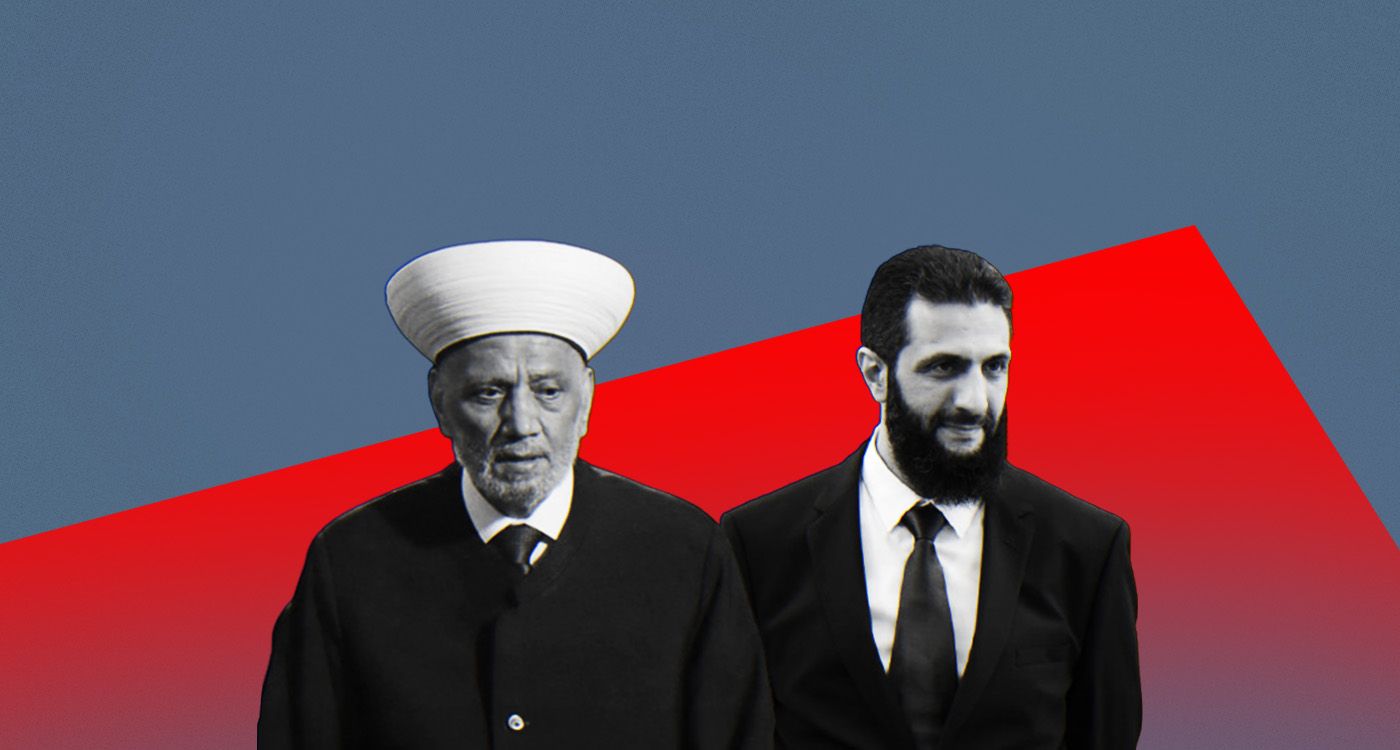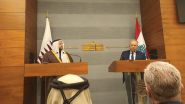
Lebanon’s Sunni Mufti, Sheikh Abdel Latif Derian, is set to travel to Syria this Saturday, leading a delegation from Dar al-Fatwa to meet Syrian President Ahmad el-Chareh.
This visit follows the collapse of Bashar al-Assad’s regime, which had kept Syria’s Alawite minority in power for decades. In contrast, Chareh has restored Sunni majority rule across much of the country, strongly backed by Saudi Arabia and supported by the United States, as evidenced by Washington’s recent decision to lift Syria sanctions.
During his trip, Derian is expected to engage in talks with Chareh and visit the Umayyad Mosque in Damascus.
Sources close to Dar al-Fatwa indicate that the Mufti will emphasize the importance of fostering strong relations between Lebanon and Syria’s new leadership, while underscoring each country’s sovereignty within its borders. This message aims to counter speculation that Chareh might become a political reference for Lebanon’s Sunnis, especially after Saad Hariri’s political retreat and the weakening of other Sunni figures on the Lebanese political scene.
Observers expect Derian to commend Chareh’s achievements during his brief tenure, particularly his handling of Syria’s persistent sectarian clashes, targeted violence and the recent terrorist bombing of the Mar Elias Church in Damascus. Derian will likely reaffirm the deep historical ties between Syria and Lebanon, framing this visit as a unique opportunity to strengthen bilateral relations and cooperation across various sectors. Sensitive topics such as Syrian displaced persons and border disputes are also expected to be addressed.
This visit, despite all attempts to dissociate it from the Syrian regime’s influence over the Sunni community in Lebanon, will continue to be assessed within that framework. The reason is that the Sunnis in Lebanon—or the vast majority of them—felt that the balance of power had shifted in their favor following the fall of the Assad regime and the blows suffered by Hezbollah and the Islamic Republic of Iran.
In truth, Lebanese Sunnis had long feared Hezbollah and lacked the power to confront it, as evidenced by the events of May 7, 2008. That is why some among them viewed the Syrian refugees, since 2011, as a kind of support force for the Sunnis in Lebanon.
Within this context, Lebanon’s Sunni majority views Chareh as a proximate Sunni power they can turn to if necessary. However, this majority—united under the “Lebanon First” banner after Rafic Hariri’s assassination—now faces the crucial challenge of maintaining moderation and resisting any drift toward extremism, a stance that Chareh himself has embraced and continues to uphold.




Comments